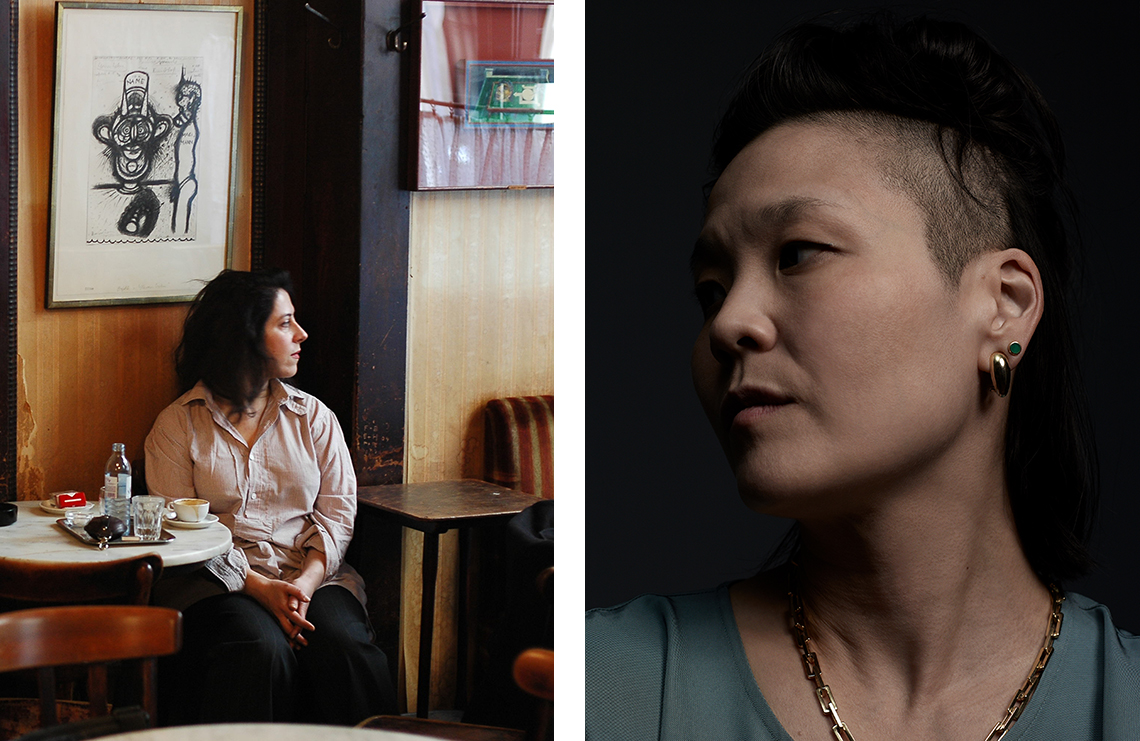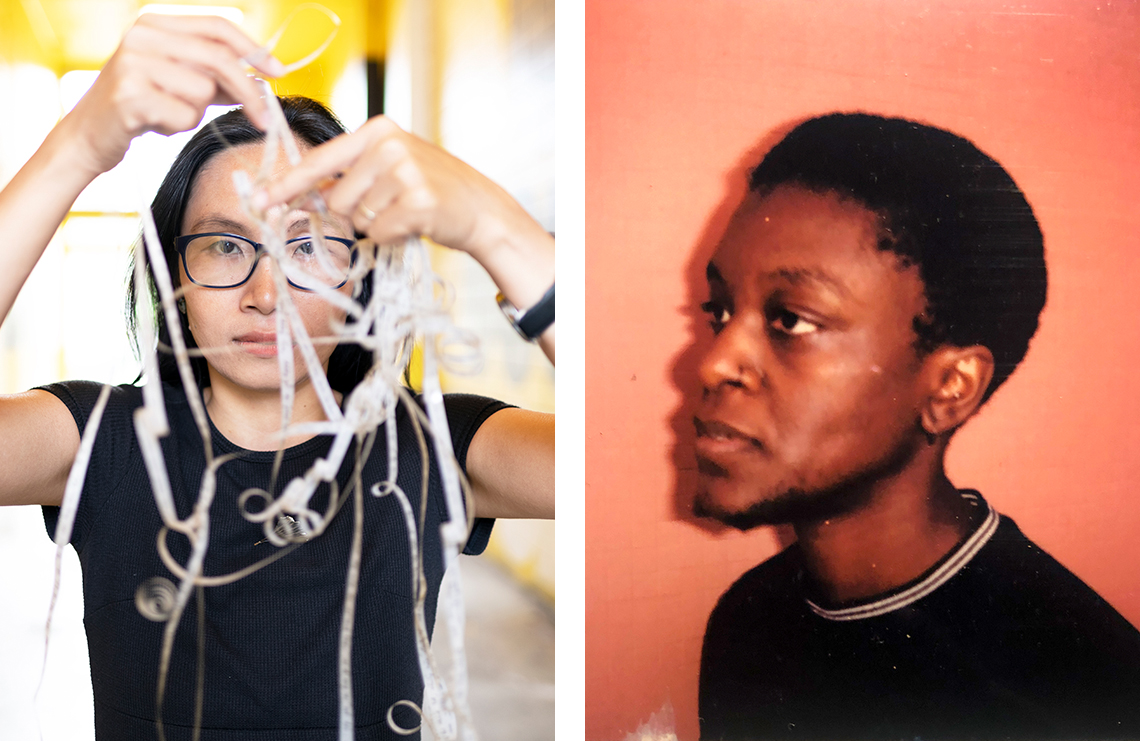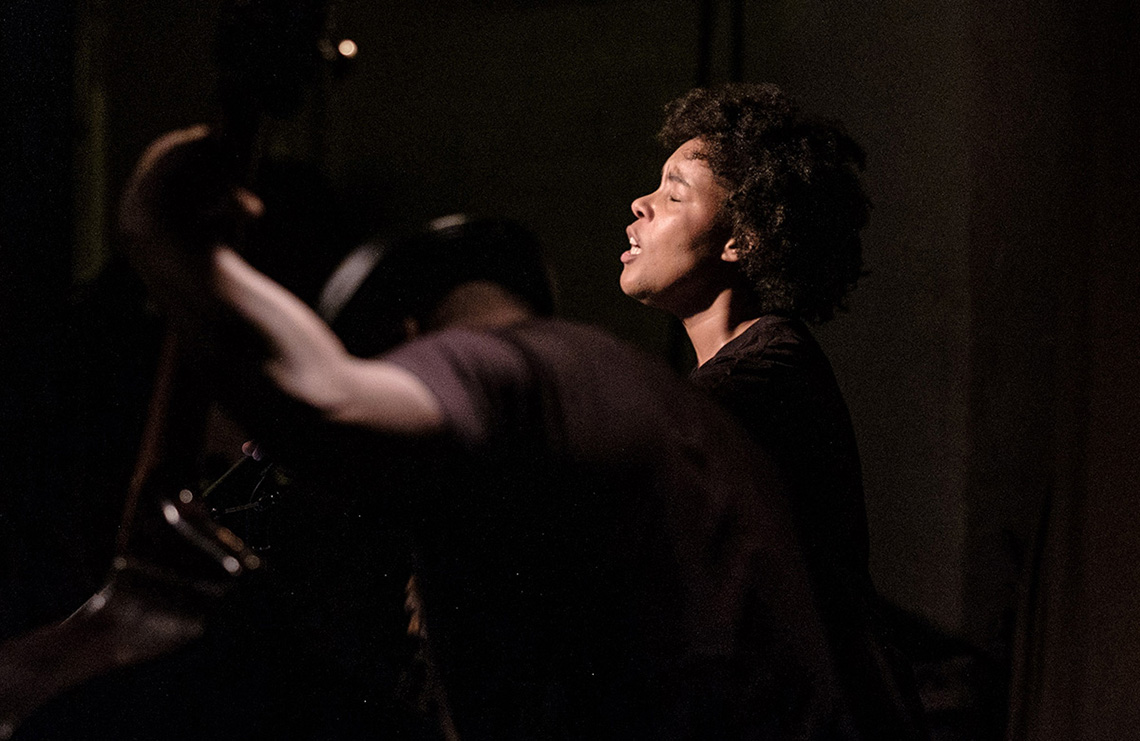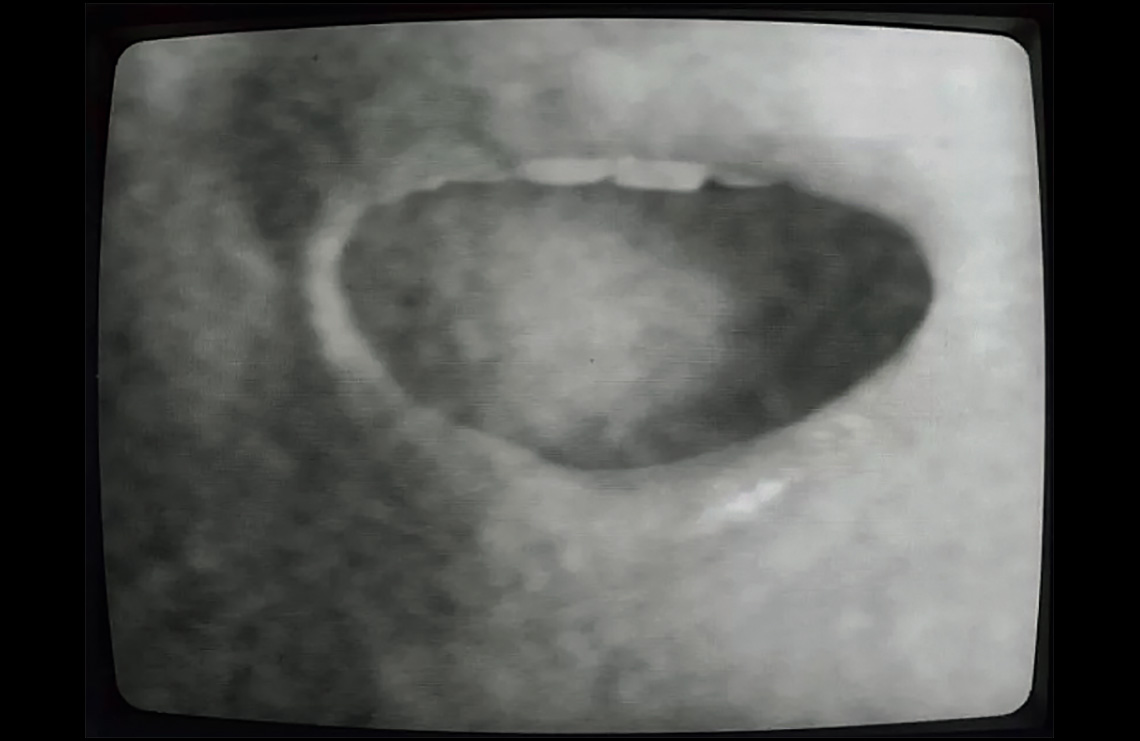Politics of the Voice
The voice emanates from within.
Here are seven artists who are not afraid of the sound of their own voices — whether embodied, sonic, visual, spoken, recited, conversed, unvoiced, silent.
They do not take their agency or freedom to express for granted.
They know these freedoms have been hard won.
This is the Politics of the Voice.
(Elaine Mitchener)
Our voice is what differentiates us from one another and relates us to one another. The voice concerns the throat, saliva, and breath, the chest and lungs, the patina of experienced life, the pleasure of shaping sound waves, the acoustic emission that emits from mouth to ear, as grain, timbre, vibration, rhythm, language. It resonates at the confluence of the individual and the collective, the phonetic and the semantic, interior and exterior, sound and sense. The voice is body and speech, sighs and cries, groans and moans, humming and hawing.
The voice is soul. Voice is noise. It’s what makes us unique as individuals but also powerful as a community. When attending to the question of resistance, of disagreement and redistribution, the emphasis is often on giving voice, speaking up, talking back, on the political act of voicing dissent, articulating demands, vocalizing laments. But what does it exactly mean ‘to voice’? How can we hear and understand the voice as something political?
With these questions in mind, we have invited vocalist, composer, voice and movement artist Elaine Mitchener to compose a programme of performances, conversations and video works that could breathe life into the voice in all its poetic and political force.
Curated by Elaine Mitchener
In the context of the research project Echoes of Dissent (KASK & Conservatory / School of Arts Gent)



